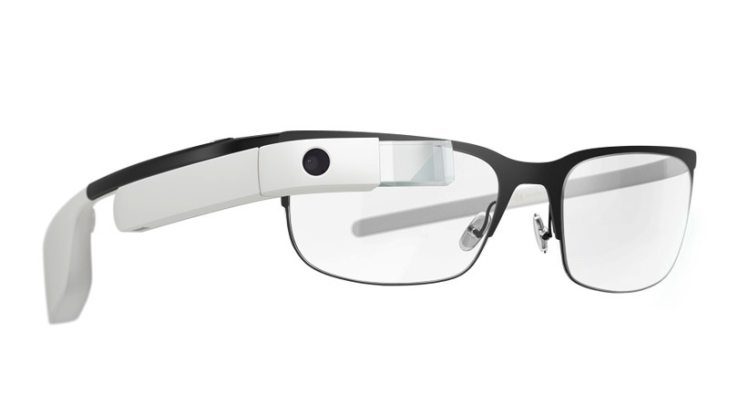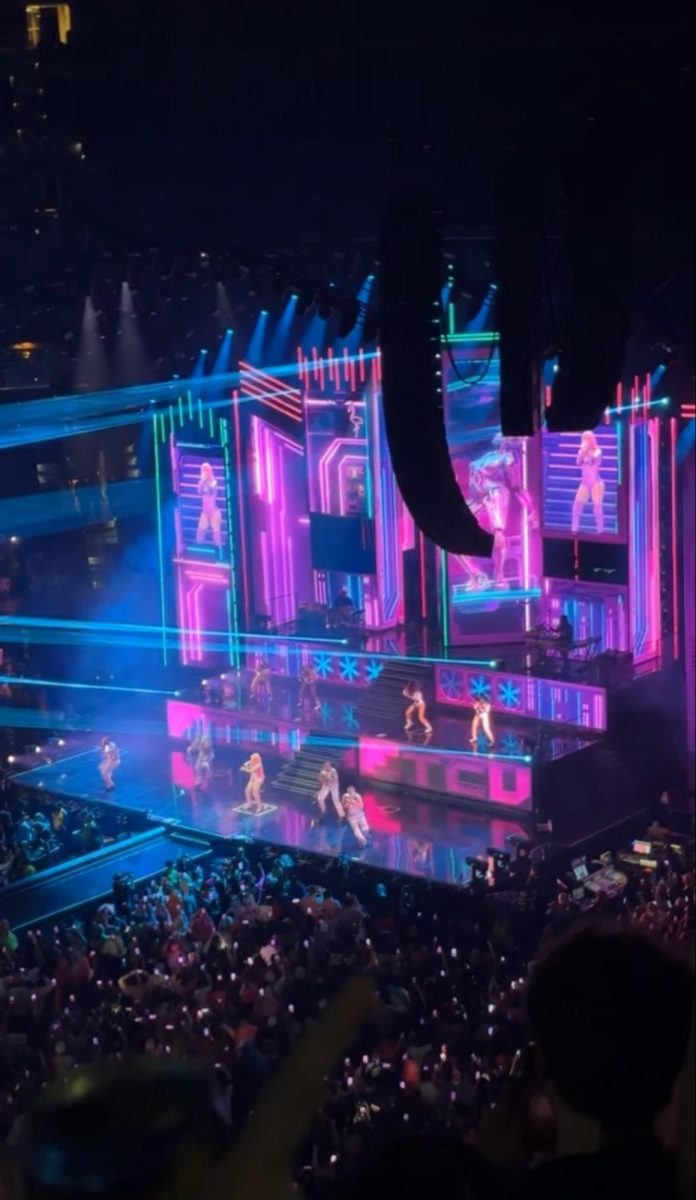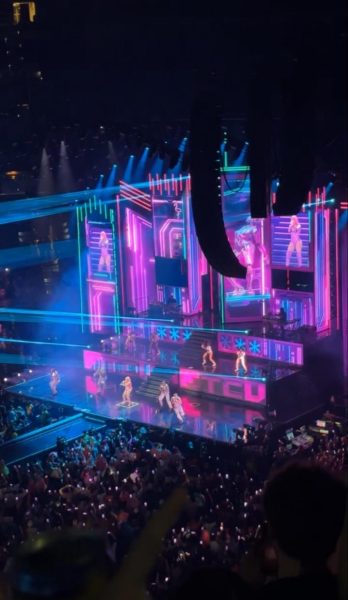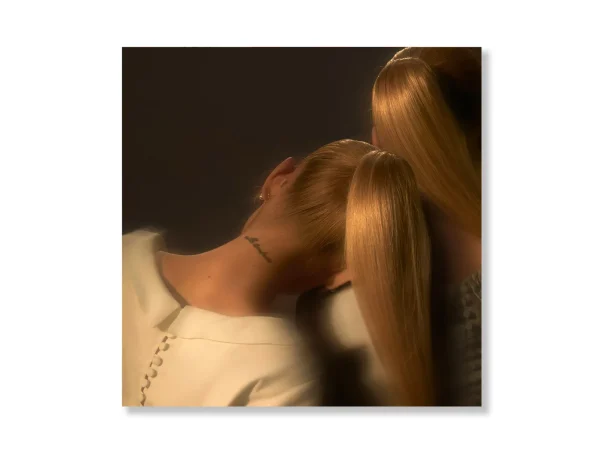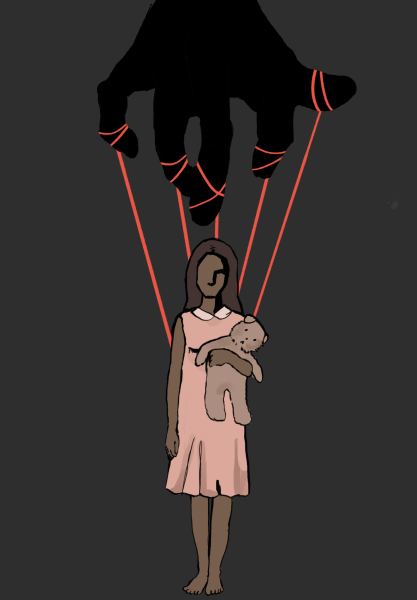Google stops producing Google Glass
March 9, 2015
Google Glass, the next upcoming hot gadget of the decade, praised for its eyeglass-like design and mobile compatibility, has been shoved onto the shelf, at least for now.
On Jan. 15, Google announced that production and sales of Google Glass will stop. While this has angered some fans of the Glass, Google has made it clear that it is not withdrawing from the project. Google has also stated that the Glass was ready to graduate from the Google labs.
However, within the last month since that announcement, Nest CEO Tony Fadell was given control of the project and has stated that the project will restart from scratch and will not release a new version of glass until it is ready.
Google Glass was first planned in 2011 by the team Google X, which had been involved in other hardware and software products such as the Google Driverless Car. Google Glass was publically announced in 2012 and released to qualifying beta testers who signed up via the Glass website or through twitter and were willing to pay $1,500 for early access.
The glass was designed to shoot video, take pictures and even surf the web. The glass also featured a touchpad on the side, which was used to let the user browse pictures, current event updates, circle updates, third party applications such as Google+ and see past phone calls using certain voice commands.
While this idea may have seemed intriguing at first to tech wizzes and general fans alike, the product came under heavy fire for a number of reasons, mainly because of privacy concerns linked to unauthorized filming in public places.
The camera, which is located just above the interface, was feared by many businesses since the glass could secretly record in public without anyone noticing and use facial recognition programs for certain applications. As a result, businesses and some countries began to ban the glass for any kind of use, citing those concerns as a possible threat to safety.
“They should address the issue about privacy by updating the software so that the camera is not on all the time,” said Jason Fisch (’16).
What was once supposed to be a great step into the future of the information era fell into limbo, mauled by its own design that spurs privacy concerns on all.

